January 2021 Galactic News
Events, platform news, blog posts, videos, pubs, jobs and releases
- **[Event news](#event-news)**:
- 2nd Galaxy-ELIXIR webinar series, *starts January 20*
- Galaxy Developer Roundtables, *January 7 & 21*
- Papercuts CollaborationFest: *January 21*
- Future Galaxy Admin Trainings, *Register your interest*
- Tripal CodeFest 2021: *January 11-15*
- Structural Variant Detection using ONT Data, *January 26*
- GTN Smörgåsbord: A Global Galaxy Course. *Register by February 1*
- Single-cell RNA-seq & network analysis using Galaxy and Cytoscape, *Apply by 26 February*
- **[Galaxy platform news](#galaxy-platforms-news):**
- UseGalaxy.no
- VINYL on Laniakea
- W4M on UseGalaxy.fr
- Center for Phage Technology server upgraded and improved
- Plus more UseGalaxy.\* news
- **[Blog posts](#galactic-blog-activity):**
- Involvement of the Galaxy community in OLS-2 and invitation to apply to the next cohort
- DDA and DIA proteomic analysis in Galaxy
- GTN plant-related trainings
- **[Training material and doc updates](#doc-hub-and-training-updates)**:
- Videos: Galactic Introductions
- Videos: Quick Tips
- **[Publications](#publications)**
- Metaproteomics, CorGAT (SARS-CoV-2), GAIT-GM (metabolites), and training
- **[Q: Who's hiring?](#whos-hiring)**
- Europe:
- MPI, Norwegian University of Life Science, IFB, VIB
- North America:
- Roche, Johns Hopkins (AnVIL, 2 positions; Galaxy, 2 Positions)
- Europe:
- **[New releases](#releases)**:
- Planemo 0.74.1
If you have anything to include to next month’s newsletter, then please send it to outreach@galaxyproject.org.
Event News
Despite COVID-19, there is still a lot going on, although online. We have updated our list of events to reflect what we know. Some highlights:

20 January - 24 February
Open Data Infrastructures to tackle COVID-19 pandemic
This series of six webinar sessions features experts from ELIXIR and the global Galaxy community demonstrating how open access and open science are fundamental for fast and efficient response to public health crises. The first two webinars are:
- COVID-19 analysis in Galaxy: Lessons learned and introduction to the series, 20 January
- Importance of (open) infrastructures in responding to a pandemic, 27 January

There are two roundtable meetups this month:
- Galaxy Working Groups Follow Up and Discussion, January 7, Björn Grüning, Anton Nekrutenko
- FastAPI, January 21, Marius van den Beek

21 January, Online
Our one-day January Paper Cuts contribution fest is a 24-hour event spanning all time zones with our worldwide community.
Please save the date! It’s an ideal opportunity for newcomers to become a Galaxy contributor.
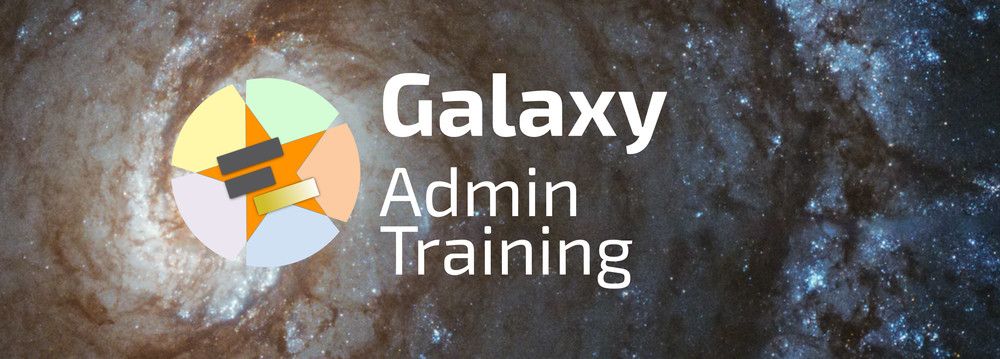
The application deadline for the January 2021 Galaxy Admin Training has passed, and (as expected) we received more applications than we have slots. If you missed the deadline or weren’t accepted, then all is not lost because:
- More than a day of Admin Training will be offered as part of GCC2021 in July.
- You can register your interest in future Galaxy Admin Trainings here. If we get enough interest, we will try to hold another online training sometime this year.

11-15 January, Online
Calling all Tripal Core, Extension Module and Tool Integration Developers!
Tripal is a toolkit for construction of online biological (genetics, genomics, breeding, etc.), community database web portals. Tripal includes Tripal Galaxy and blend4php.

January 26, Online
In this webinar, Nathan Roach (GalaxyWorks) will demonstrate analysis methods of long read data using the Oxford Nanopore (ONT) tool suite in Galaxy Pro. Michael Alonge (Johns Hopkins University) will highlight the application of these methods.
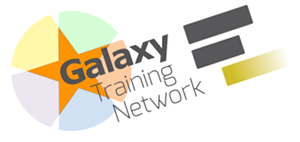
15-19 February, Online; Register by 1 February
This week-long workshop on how to use Galaxy will be online, global, and free. The program covers a general introduction to the Galaxy platform, NGS Analysis (DNA-seq and RNA-seq), Proteomics, and also features a Choose your own adventure day (!?).
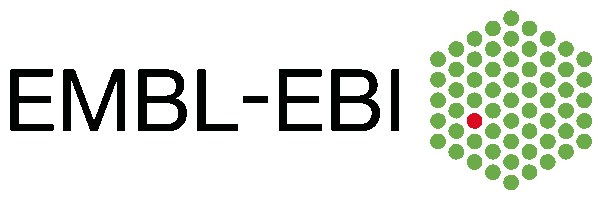
26-30 April, Online; Apply by 26 February
“This course utilises Galaxy pipelines, an online open-access resource that allows even the most computer-phobic bench scientists to analyse their biological data. Participants will be guided through the droplet-based scRNA-seq analysis pipelines from raw reads to cell cluster comparisons.”
Galaxy Platforms News
The Galaxy Platform Directory lists resources for easily running your analysis on Galaxy, including publicly available servers, cloud services, and containers and VMs that run Galaxy. Here’s the recent platform news we know about:

A central, joint & free Galaxy instance for Norway-based researchers and their collaborators, with ~2000 bioinformatics tools, 200 GB short-term storage and project storage on nels.bioinfo.no.

A flexible and fully automated system for the functional annotation and prioritization of genetic variants. The VINYL server runs on the Laniakea research cloud. A VINYL manual, including a tutorial is provided.

The Workflow4Metabolomics (W4M) server has completed its move to UseGalaxy.fr, the French national Galaxy server supported by IFB.

The upgraded and improved Galaxy-Apollo phage annotation platform is now ready to use at https://cpt.tamu.edu/galaxy-pub. Free, web-based, gold standard phage annotation.
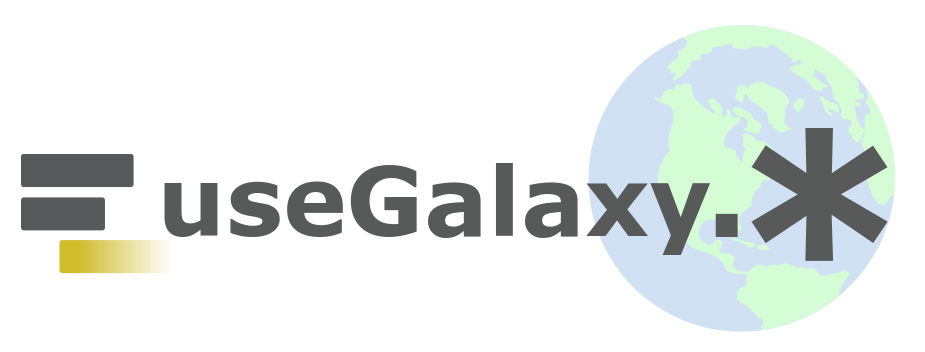
- Wanna know what has happened in the European Galaxy community in 2020? The Freiburg Galaxy Team has summarised the activities in a blog post.
- Lots of tool updates on UseGalaxy.eu and UseGalaxy.org.au.
Galactic Blog Activity
The Galaxy Project has been involved in the second cohort of the Open Life Science (OLS) program with two projects, Growing the Galaxy Community and Creating a single pipeline for metagenome classification.
Applications for the 3rd cohort (OLS-3) that will take place from February to May 2021 are open until January 11.

By Matthias Fahrner & Melanie Föll.
At the beginning of December, Melanie and Matthias ran a 2-day Proteomics data analysis workshop organized by ELIXIR Belgium.

Good news for the plant community! Recently two new trainings of interest to the plant research community have been incorporated to the GTN tutorial collection.
A common feature shared by both tutorials is the use of sequencing data generated by nanopore technology, a third-generation plataform which provides the possibility of sequencing long reads.

Doc, Hub, and Training Updates
New series of Galaxy videos about Galaxy features.

Learn your way through Galaxy interface and functionalities with automatically generated videos under 3 minutes.

Publications
Pub curation activities are on hiatus right now but a few publications referencing, using, extending, and implementing Galaxy were added to the Galaxy Publication Library anyway. Here are the new open access Galactic and Stellar pubs:
Thuy-Boun P.S., Mehta, S., Gruening, B., McGowan, T., Nguyen, A. Rajczewski, A.T., Johnson, J.E., Griffin, T.J., Wolan, D.W., and Jagtap, P.D. (2020). Journal of Proteome Research. doi: 10.1021/acs.jproteome.0c00822
Chiara, M., Zambelli, F., Tangaro, M.A., Mandreoli, P., Horner, D.S., Pesole, G. (2020). Bioinformatics. doi: 10.1093/bioinformatics/btaa1047
McIntyre, L.M., Huertas, F., Moskalenko, O., Llansola, M., Felipo, V., Morse, A.M., Conesa, A. (2020). bioRxiv. doi: 10.1101/2020.12.25.424407
Gallardo-Alba, C., Grüning, B., & Serrano-Solano, B. (2020). Preprints. doi: 10.20944/preprints202008.0532.v2
Who’s Hiring
Bioinformatics Unit, Max Planck Institute of Immunobiology and Epigenetics, Freiburg, Germany
Work in an interdisciplinary team with close links to different departments, research groups, and other core facilities.
Apply by 22 January.

MEMO Group, Norwegian University of Life Science, Ås, Norway
Interested in host-microbiome interactions and multi-omic data? We have multiple positions starting in 2021. Projects have fun and interesting EU partners. Will be hiring after Christmas.

Department of Biostatistics, Bloomberg School of Public Health, Johns Hopkins University.
Data science research and education focusing on genomics (AnVIL, Genomic Data Science Community Network), cancer (ITCR) or pain A2CPS.
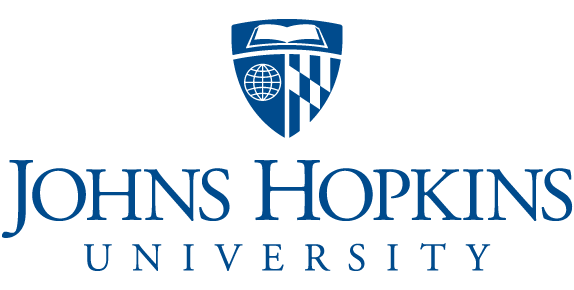
Roche, Bay Area, California, United States.
- Lead data mining for biomarker discovery for medical conditions of interest.
- Develop Agile Assay Design (AAD) tools for qPCR tests.
- NGS data analysis tools and/or workflows.
- Use these tools & workflows for R&D projects.
- Deploy these tools on Roche intranet (Galaxy) and train scientists to use them.

Johns Hopkins University, Baltimore, Maryland, United States.
Provide technical expertise and oversight for the AnVIL Project, which incorporates Galaxy, Bioconductor, Terra, Gen3, and Dockstore into a secure cloud-based software ecosystem for genomic data analysis.

The Schatz Lab at Johns Hopkins University is looking for:
- Self-driven individuals that can work independently to fill multiple software development positions on the Galaxy Project.
- Ambitious individuals to fill a programmer analyst position working on the Galaxy and AnVIL projects.

The French Institute of Bioinformatics (IFB) is offering a 1-year position for a developer to work on usegalaxy.fr, focused on the contribution to the development, evolution, deployment and maintenance of the French infrastructure.
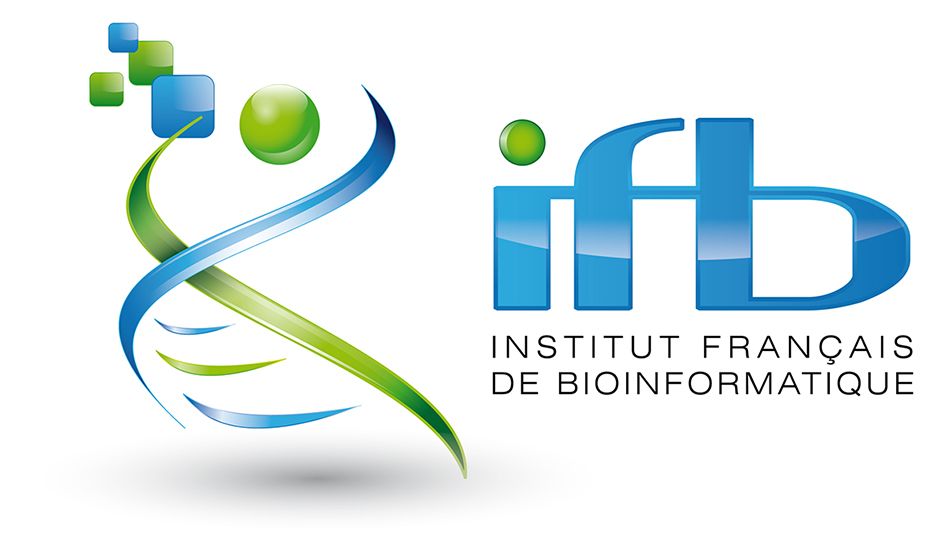
VIB-UGent Center for Plant Systems Biology has two open positions to work on the ELIXIR Belgium research data analysis team, both for an initial duration of 2 years.
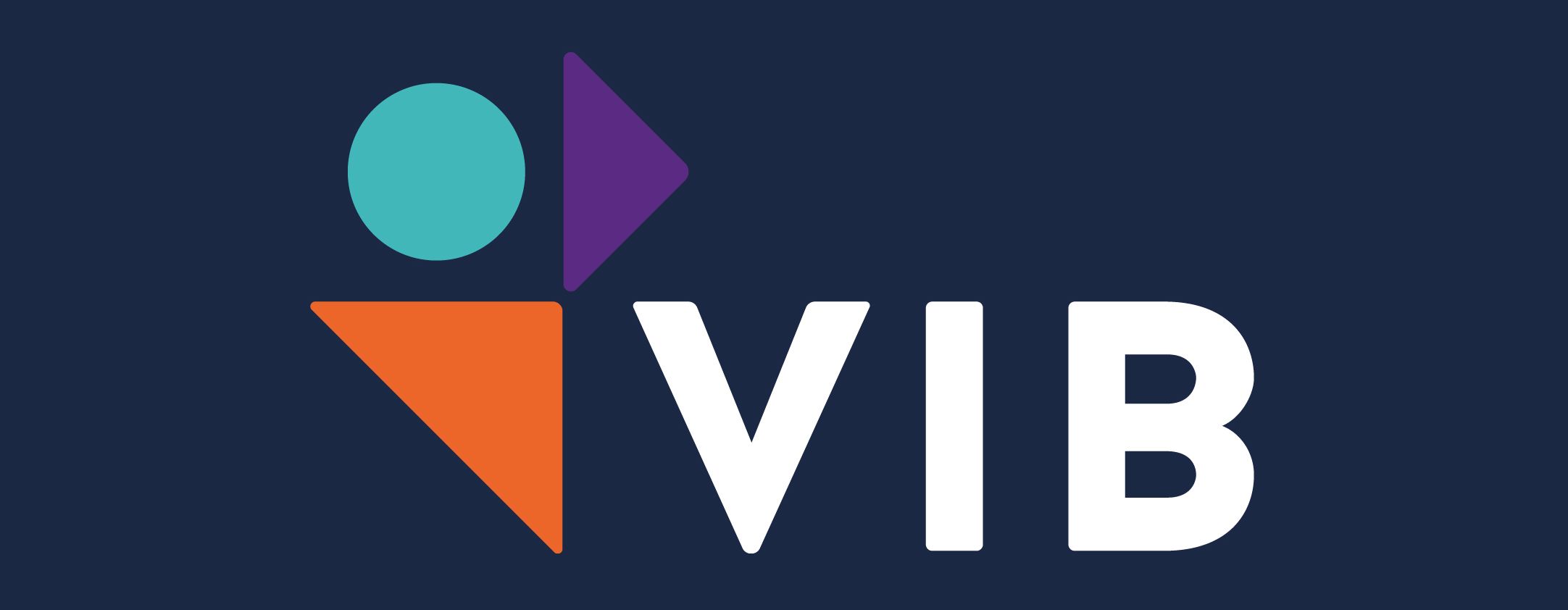
Releases

Planemo is a set of command-line utilities to assist in developing Galaxy and Common Workflow Language artifacts - including tools, workflows, and training materials. These releases included numerous fixes and enhancements. Some major changes
gxwffunctionality integrated, greatly expanding workflow development support.- Finished migration to Python 3.
- Testing infrastructure improvements.
See GitHub for details.

